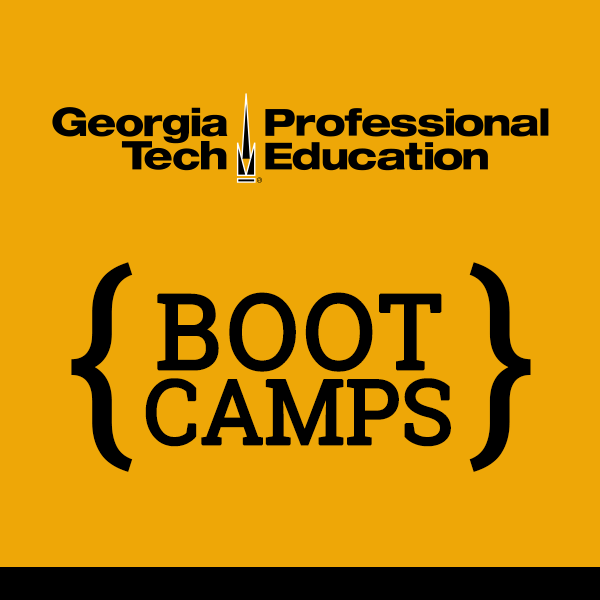2024 couldn’t be a better time to learn about a coding bootcamp. With so much of the world now able to work remotely, more and more people — even those without a background in engineering, tech, or data science — are enrolling in coding boot camps. In 2022 alone, 58,756 Americans graduated from bootcamps, representing 3.23% YoY growth. While nothing can compare to the staggering 30% growth in attendance that bootcamps experienced in 2020, the 2022 numbers suggest that the future of coding boot camps will be one of consistent expansion.
Look at the market for coding professionals (software developer, web developer, software engineer, and others) and this makes sense. From 2021 to 2031, the US Bureau of Labor Statistics forecasts a 25% rise in coding job market headcount, with over 400,000 new jobs up for grabs and average salaries hovering around $100k. Compare this to the more modest 5% growth predicted for the US labor market as a whole, and it’s clear that demand for coding bootcamps will stay strong well into the future.
Whether you’re someone who has an existing background in software development or web development, a designer looking to pair programming with a design background to get into UX/UI, or you’re just starting out on your coding journey, moving your career forward means building new skills. The best online coding bootcamps train students to do this well. These schools understand that their value lies in teaching a lot of content quickly. In what’s typically 12-17 week intensives, an online coding bootcamp provides fully immersive, highly focused learning in a short amount of time, along with career services to help you smoothly transition to putting your coding skills to work.
Of course, this can come with trade-offs. It’s critical to be aware of these before pursuing coding education through a bootcamp, so in the next sections we’ll take a look at the costs and benefits of online coding bootcamps, plus how you can determine which online coding bootcamp is right for you.
Pros and Cons of a Coding Bootcamp
Before diving into an online coding boot camp, it’s important to understand the risks and rewards of attending one. We’ll start with the pros.
Pros of a Coding Bootcamp
Structure learning environments with other students. Holding yourself accountable is difficult for many learners in a distracting world. Not only are you carving out your own programming curriculum, but you also don’t have other programming students motivating you when faced with a difficult problem set. A set syllabus and friendly classmates can solve both of these problems.
Programming bootcamp alumni network. Alumni networks are always great resources to tap into. In today’s world of LinkedIn and online applications, a crucial connection or referral from a fellow alumna or alumnus can be all you need to land an interview for that software engineer or web developer job and further your career.
Job-ready coding skills. While curriculums will vary depending on whether a boot camp is focused on UX/UI, front-end, back-end, or full-stack development, or web development, you can be sure you’ll leave with job-ready coding skills. Potential skills include coding in HTML, CSS, and JavaScript; facility with frameworks like React or Angular, text editors like Sublime Text, and version control software like Git; and various texting and debugging tools.
Lower costs than a four-year degree program. Many an aspiring software engineer or software developer consider cost a key reason for why they’re opting for a coding bootcamp. On average, a six-month coding bootcamp can be completed eight times faster and cost far less than a four-year computer science bachelor’s degree. Of course, this makes choosing a reputable online coding bootcamp mission critical (see below), as their university counterparts are “vetted and accredited” each year.
Job guarantees. Many boot camps advertise high job placements — though you should always check their math — and some are so confident that they will even guarantee graduates will find a job or return their tuition. These guarantees can make boot camps appealingly low-risk, but if you are planning on potentially using one down the road, make sure you are aware of exactly what requirements you will need to fulfill in your job search to be eligible.
Flexibility of learning. Bootcamps frequently offer full- and part-time options to give students the flexibility to study in a way that works for their particular situation. Maybe you’re between jobs and want to reskill efficiently. Or may you want to continue working while you study to avoid any loss of potential income. Both are possible with a coding boot camp, with full-time options taking between three and six months and part-time options lasting six to twelve months. With online bootcamps, this flexibility only grows, as students are able to study from home and often self-pace their study.
Career assistance. One of the biggest advantages of a coding bootcamp is the suite of career services offered. In the end, building coding skills is only half the battle. Career services like interview prep, portfolio review, and networking tips can help make the difference in your job search.
Cons of a Coding Bootcamp
Undependable data. As we said above, many bootcamps proudly advertise stellar graduation and placement rates, and many have them. That said, there are some bad actors out there that misrepresent potential job outcomes and partnerships and leverage predatory recruiting practices, so it’s always important to verify claims made online, if possible through a call with an admissions representative.
Lower prestige. While bootcamps can offer a great coding education, that isn’t always recognized by potential employers. While over 70% of employers surveyed by LinkedIn in 2017 considered bootcamp grads as “just as prepared and likely to be high performers” as candidates with traditional degrees, it’s undeniable that a bootcamp just doesn’t have the same impact on a resume as a computer science degree from a T20 school.
Narrow curriculum. Bootcamps are great because they are laser-focused on getting students job-ready with a particular skill-set. But this might not be right for everyone. If you have diverse interests, want to explore other academic disciplines, or even combine coding with an area like political science, you might consider the degrees offered by traditional universities.
Hidden costs. Averaging around $15K bootcamps are certainly less expensive than traditional degree programs, but they’re by no means cheap. This becomes especially apparent once you factor in hidden costs like any potential income you forego if you take time off to work. While there are all sorts of ways to make the financials of a bootcamp more agreeable in the short-term, many of these (like ISAs and loans, see below) can end up increasing the total amount a student will pay, sometimes drastically.
Costs & Financing for an Online Coding Bootcamp
If you don’t have the means to immediately pay the full tuition for an online boot camp, payment plans, private loans, deferred tuition, and income share agreements (ISAs) are useful alternatives. So how do these differ?
Payment plans
Payment plans allow you to break your tuition payment into smaller chunks to be paid at regular intervals, usually before classes begin, at several points during the boot camp, and at its close. Payment plans are a great way to finance your education if you have steady income coming in but you don’t have the savings or liquidity to pay tuition all at once.
Pay as you go
For some bootcamps — typically those that offer self-paced, asynchronous content — students can avoid tuition altogether and instead simply pay a monthly fee to access the content. This can offer significant cost savings, but will only really be valuable if the student can confidently navigate this kind of content without the help of an instructor or peers.
Private loans
There are limited federal loans for coding bootcamps. There are, however, some private loans available for coding bootcamp students such as Ascent Funding and Climb Credit. While private loans can certainly make bootcamp study possible if you don’t have the money to pay tuition at the moment, it’s important to review each option closely to make sure they make sense for you financially in the end. Depending on your credit score and the terms the creditor offers, you could be on the hook for a substantial amount of interest.
As you are considering loans, estimate as best you can your future ability to pay — when in doubt, be conservative — ensuring that the jobs you think you will be able to land with a boot camp education will compensate you sufficiently to avoid any undue financial burden.
Deferred tuition
Deferred tuition is yet another way that bootcamp students can avoid paying tuition up-front, with fixed tuition payments beginning only after students graduate and, often, only after these bootcamp graduates have landed jobs offering a certain amount of compensation. Often, a deferred tuition plan will be combined with a job placement guarantee, with payments only due if a student lands a qualifying job within a certain time period.
Income share agreements
ISAs follow the same basic principle as deferred tuition plans, with payments only beginning after a student graduates and finds a job. But rather than fixed tuition payments, ISAs require bootcamp graduates to pay a certain percentage of their annual salary back to the bootcamp. This serves to align a provider’s incentives with a student’s: the better the job is that a bootcamp helps a graduate land, the more money the provider stands to make. That said, students should enter into these agreements with eyes wide-open, as the percentages demanded by providers can often be quite high and make living in cities with high cost of living difficult.
Structured vs. Self-Paced Online Coding Bootcamps
Before we dive into how to determine which online coding bootcamp is right for you, a word to elaborate on a point we made above about structured vs. self-paced online coding bootcamps. Many people interested in learning to code are natural self-starters who look into self-paced bootcamps or online training courses. A large reason self-paced online courses like Udemy and Codeacademy scaled so quickly is due to their low cost. SInce you’ll learn coding on your own and use a self-directed curriculum, the investment needed for course instructors and to facilitate an online classroom is minimal. Learning asynchronously allows you to spend the time you need mastering a concept without a class moving onto the next topic before you’re ready.
The main trade-off — and it’s a big one — is structure. Starting a coding education is easy, but holding yourself accountable to both the education and the project is extraordinarily challenging. Free or annual subscription options rarely come with instructors. Furthermore, you won’t be integrated into a cohort of other students who will motivate and partner with you on a coding project.
How to Determine Which Online Coding Bootcamp is Right for You
Searching for, narrowing down, and ultimately signing up for an online coding bootcamp is easy if you have an idea of what you’re looking for. Best Coding Bootcamps allows you to filter through our detailed database of coding bootcamp locations, costs, program types, program lengths, and more. Let’s look at some of the most common searches our students perform before signing up and getting matched to a bootcamp.
Programming language. If you know which programming language you’re most interested in learning, you can find which bootcamps teach them as part of the course curriculum. Full-stack developers will naturally have exposure to many front-end and back-end programming languages, but let’s say your dream job is working at Facebook. A software engineer at Facebook would want to be well-versed in Javascript, PHP, and MySQL. However, if you’re not sure where to start, most of the online coding bootcamps will teach you highly popular programming languages to start.
Job placement. Many online coding bootcamps offer job placement assistance after becoming a boot camp grad. The success of job placement programs is a mixed bag, largely because the statistics for the effectiveness of these programs are self-reported, but you can see which of the boot camps offer the service to anyone in the process of completing their online course.
Job guarantee. Some students look for bootcamps that guarantee a job as a software developer, software engineer, or web developer following the completion of their coursework. Again, We recommend taking these self-reported numbers with a grain of salt and interviewing recent graduates of coding bootcamps on their job placement experience after they completed the online course curriculum.
Full-time or part-time. Everyone’s schedule is different. You can search for an online coding school that offers full-time immersion or a longer part-time coding bootcamp course depending on what pace you want to go. Most online bootcamps offer flexibility.
Courses. The first step in your journey toward becoming a web developer, software developer, or data scientist is thinking about what field you want to focus on. You can search for boot camps that offer full-stack web development, front-end development, and back-end development. Or perhaps you’d rather pursue data science. For the design-minded and creatives who want to transition into UX/UI, that’s also an option.
Even with these criteria to go from, you might still find the online coding bootcamp landscape vast, and even a little intimidating. For this reason, we’ve assembled below a list based on these criteria of the best online coding bootcamps to help you get your research started.
Best Online Coding Bootcamps
1. Springboard: Coding Bootcamp
Location: remote
Learning Format: online
Program Length: 9 months (20-25 hours/week)
Graduation Rate: Not available
Job Placement Rate: 100%
Number of Alumni: 2,300+
Average Starting Salary: Not available
Hiring Companies: Google, Linkedin, Pandora, Zoom
Program Cost: $9,900
Financing Offers: Deferred tuition, monthly payments, personal loan
Job Guarantee: Yes
Mailing Address: Not available
Contact Information: (415) 966-2533
2. CareerFoundry: Full-Stack Web Development Program
Location: remote
Learning Format: online
Program Length: 5 months (30-40 hours/week) or 10 months (15-20 hours/week)
Graduation Rate: Not available
Job Placement Rate: 96%
Number of Alumni: 1300+
Average Starting Salary: Not available
Hiring Companies: Facebook, Netflix, ebay, PayPal, Credit Suisse
Program Cost: $7,650
Financing Offers: Deferred tuition, monthly payments, personal loan with Ascent or Climb
Job Guarantee: Yes
Mailing Address: Not available
Contact Information: Arrange a call
3. Codesmith: Software Engineering Immersive
Location: Remote or New York City
Learning Format: Online or in-person
Program Length: 13 weeks (full-time) or 38 weeks (part-time)
Graduation Rate: Not available
Job Placement Rate: 87%
Number of Alumni: Not available
Average Starting Salary: $120,000
Hiring Companies: Amazon, Google, Disney, LinkedIn, Discovery, IBM, Snap
Program Cost: $20,925
Financing Offers: Payment plans, personal loans from Ascent, scholarships
Job Guarantee: No
Mailing Address: 3415 S Sepulveda Blvd, 1100 Los Angeles, CA 09934
Contact Information: (323) 431-9794 | hello@codesmith.io
4. Fullstack Academy: Fullstack Coding Bootcamp
Location: Online
Learning Format: Full-time or part-time
Program Length: 16 weeks (full-time) or 28 weeks (part-time)
Graduation Rate: Not available
Job Placement Rate: Not available
Number of Alumni: 8000+
Average Starting Salary: $85,200
Hiring Companies: Spotify, Etsy, American Express, Wayfair
Program Cost: $19,910
Financing Offers: Private loans, GI Bill
Job Guarantee: No
Mailing Address: 147 Prince Street, Brooklyn, NY 11201
Contact Information: Request info
5. Flatiron School: Software Engineering Bootcamp
Location: Online or New York City
Learning Format: Online or in-person, full-time or part-time
Program Length: 15 weeks (full-time) or 40 weeks (part-time)
Graduation Rate: Not available
Job Placement Rate: 76%
Number of Alumni: 10,000+
Average Starting Salary: $68,500
Hiring Companies: BuzzFeed, Vox, Facebook, IBM
Program Cost: $17,900
Financing Offers: Private loans, payment plan
Job Guarantee: No
Mailing Address: 11 Broadway, 2nd Fl., New York, NY 10004
Contact Information: (888) 958-0569 | info@flatironschool.com
6. Brainstation: Software Engineering Bootcamp
Location: Online or New York, Miami, Toronto, Vancouver, London
Learning Format: In-person (full-time) or online (part-time)
Program Length: 2-3 months (full-time) or ~8 months (part-time)
Graduation Rate: NA
Job Placement Rate: 90%
Number of Alumni: 15,000+
Average Starting Salary: NA
Hiring Companies: Microsoft, Wix.com, Cyferd, Q4
Program Cost: $16,500
Financing Offers: Monthly payments, scholarships
Job Guarantee: No
Mailing Address: 136 Crosby St., New York, NY 10012
Contact Information: Contact a representative
7. Clarusway: Full Stack Web Development Bootcamp
Location: Online
Learning Format: Full-time or part-time
Program Length: 8-9 months
Graduation Rate: Not available
Job Placement Rate: Not available
Number of Alumni: 300+
Average Starting Salary: Not available
Hiring Companies: Not available
Program Cost: $11,500
Financing Offers: Private loans, ISA, installment plan
Job Guarantee: No
Mailing Address: 1775 Tysons Blvd., 5th Fl. Tysons, VA 22102
Contact Information: (571) 360-6677 | contact@clarusway.com
8. Hack Reactor: Beginner Coding Bootcamp
Location: Online
Learning Format: Full-time or part-time
Program Length: 19 weeks (full-time) or 36 weeks (part-time)
Graduation Rate: 71%
Job Placement Rate: 73%
Number of Alumni: 12,000+
Average Starting Salary: $80,000
Hiring Companies: Google, Amazon, Microsoft, CapitalOne
Program Cost: $18,000
Financing Offers: Private loans, scholarships, ISAs, GI Bill
Job Guarantee: No
Mailing Address: Not available
Contact Information: Contact a representative
9. Microverse
Location: Online
Learning Format: Full-time
Program Length: 7 months
Graduation Rate: Not available
Job Placement Rate: 90%
Number of Alumni: Not available
Average Starting Salary: Not available
Hiring Companies: Microsoft, Huawei, HSBC, Mercado Libre
Program Cost: $15,000
Financing Offers: ISA
Job Guarantee: Yes
Mailing Address: Not available
Contact Information: Learn more and start a chat
Editor’s Note: Microverse has temporarily paused enrollment as they refresh their curriculum.
10. True Coders: Full Stack Software Engineering
Location: Online
Learning Format: Live full-time or self-paced part-time
Program Length: 9 weeks (full-time) or 3-6 months (part-time)
Graduation Rate: Not available
Job Placement Rate: Not available
Number of Alumni: Not available
Average Starting Salary: Not available
Hiring Companies: Target, Google, Accenture, IBM
Program Cost:
Financing Offers: Private loans, ISA
Job Guarantee: No
Mailing Address: Not available
Contact Information: (205) 843-7103 | suport@truecoders.io
Next Steps
Above, we’ve covered what you can expect from an online coding bootcamp, the pros and cons of attending one, and how you can determine which bootcamp is right for you. We’ve also pointed out some of our favorites to get your research started. Still feel like you need more guidance? Get matched with a great program today!
Featured Online Coding Bootcamps
If you’re looking toward completing the coursework and becoming a software developer, search our extensive list of some of the most immersive coding bootcamps in the country to find which bootcamp is right for you.

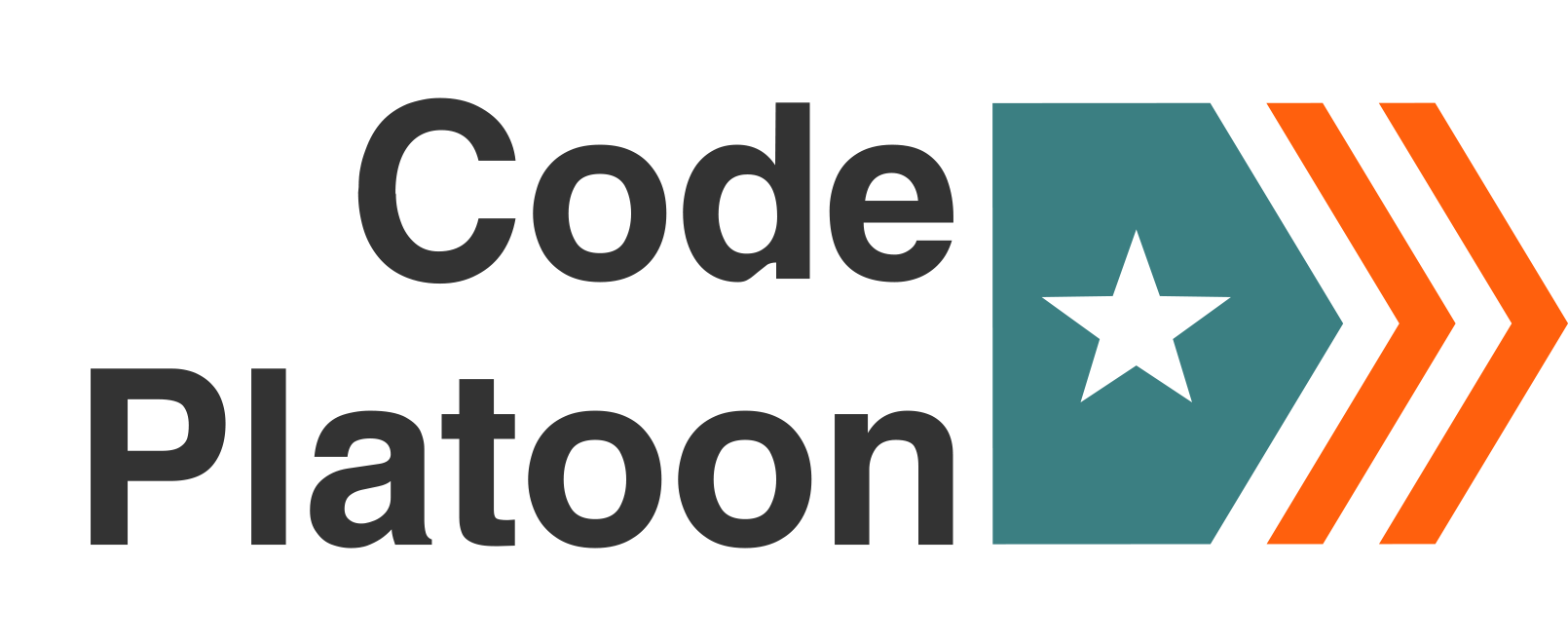
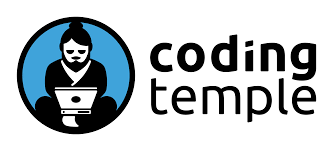



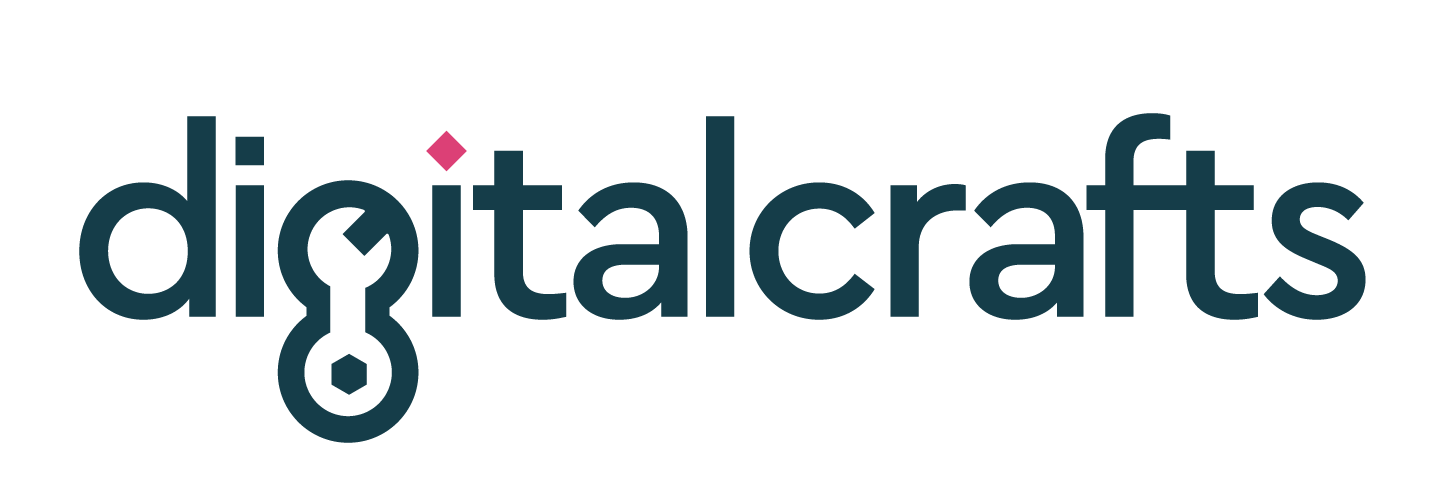
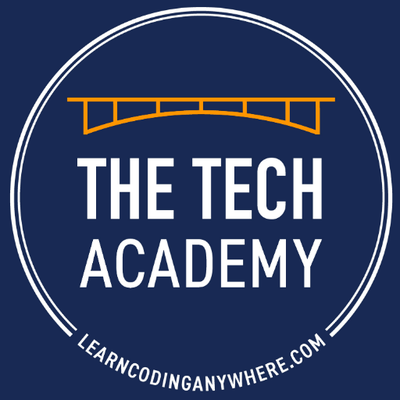



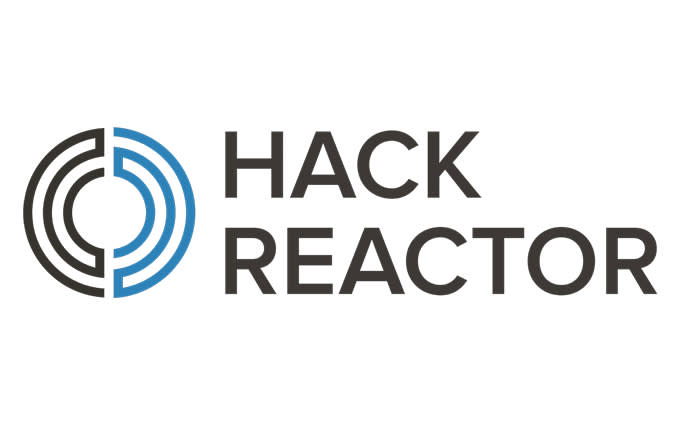
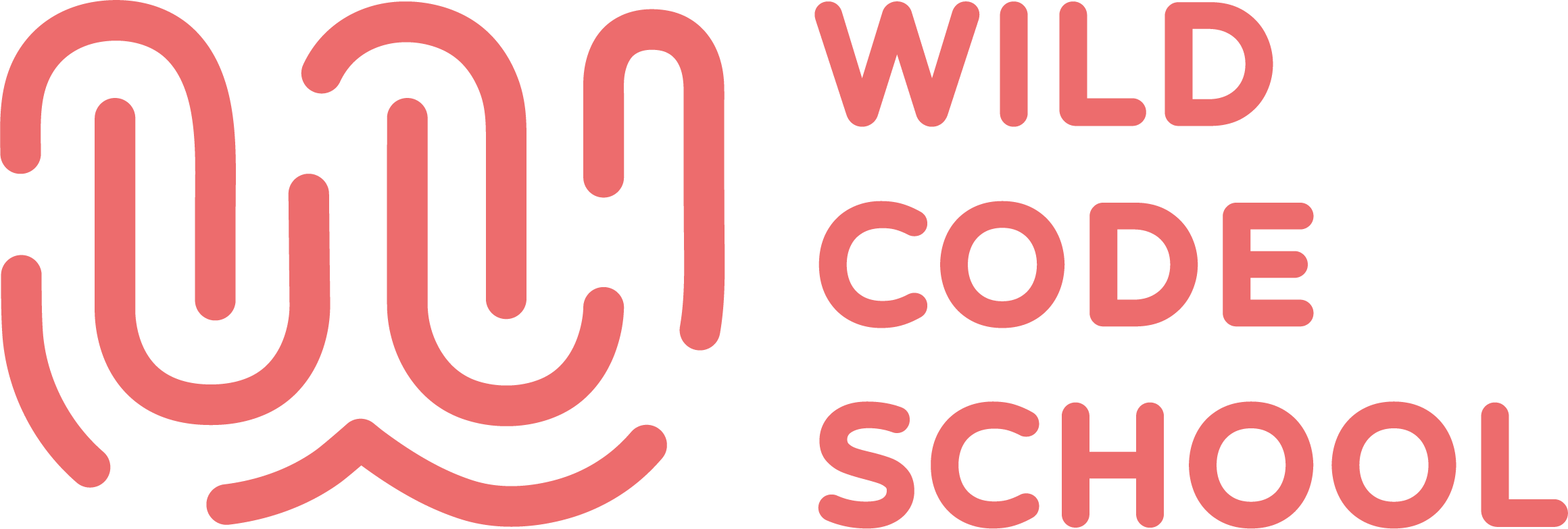

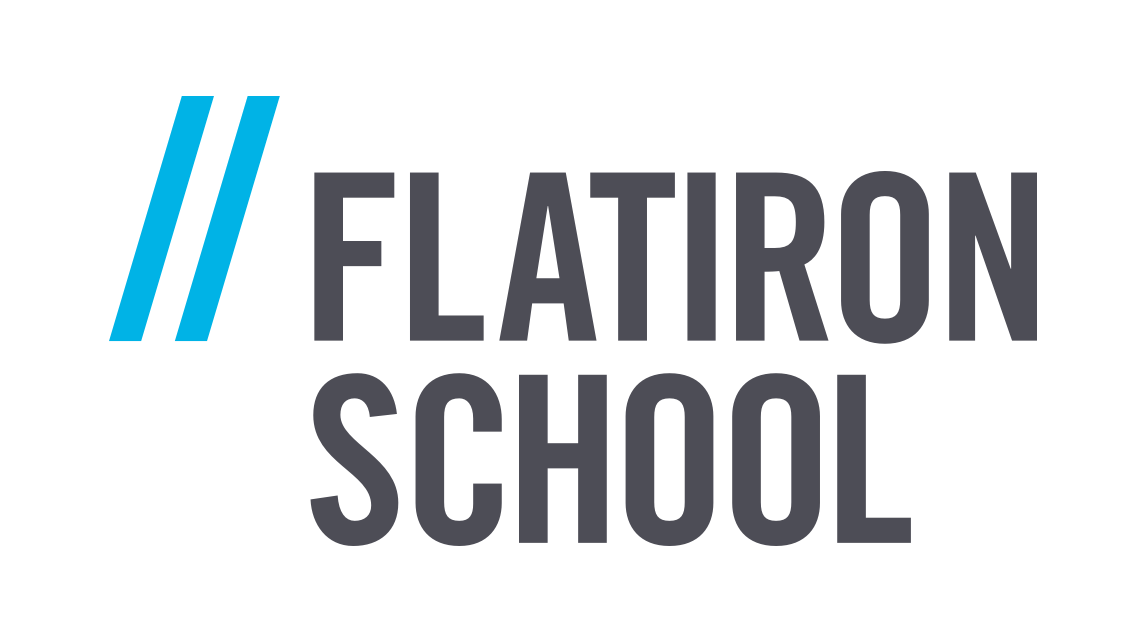
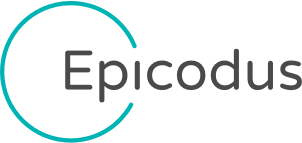

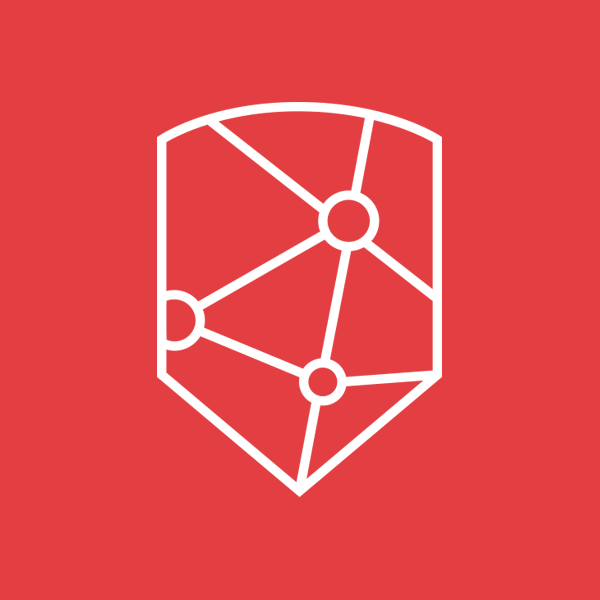

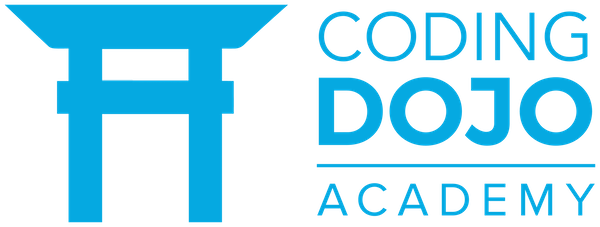





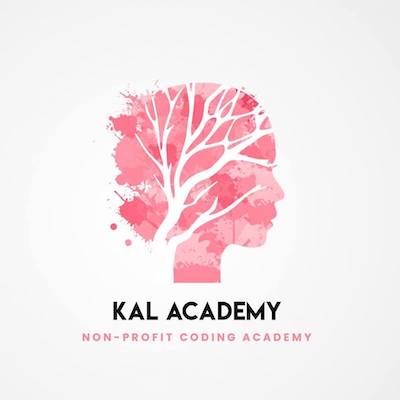
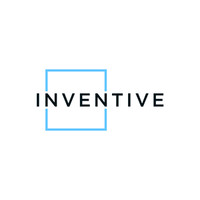

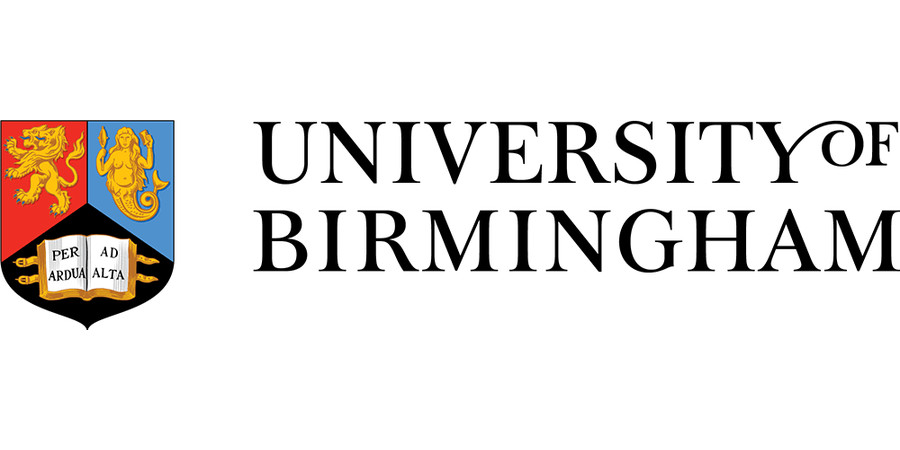
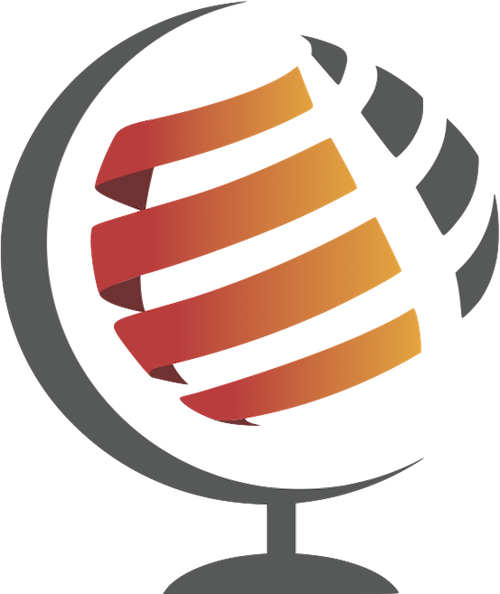

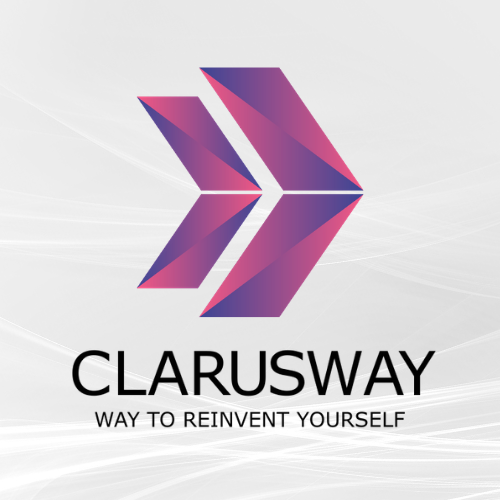

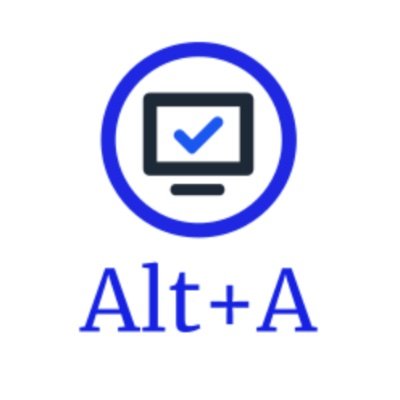
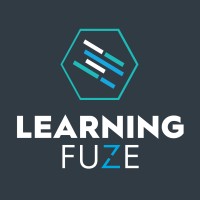
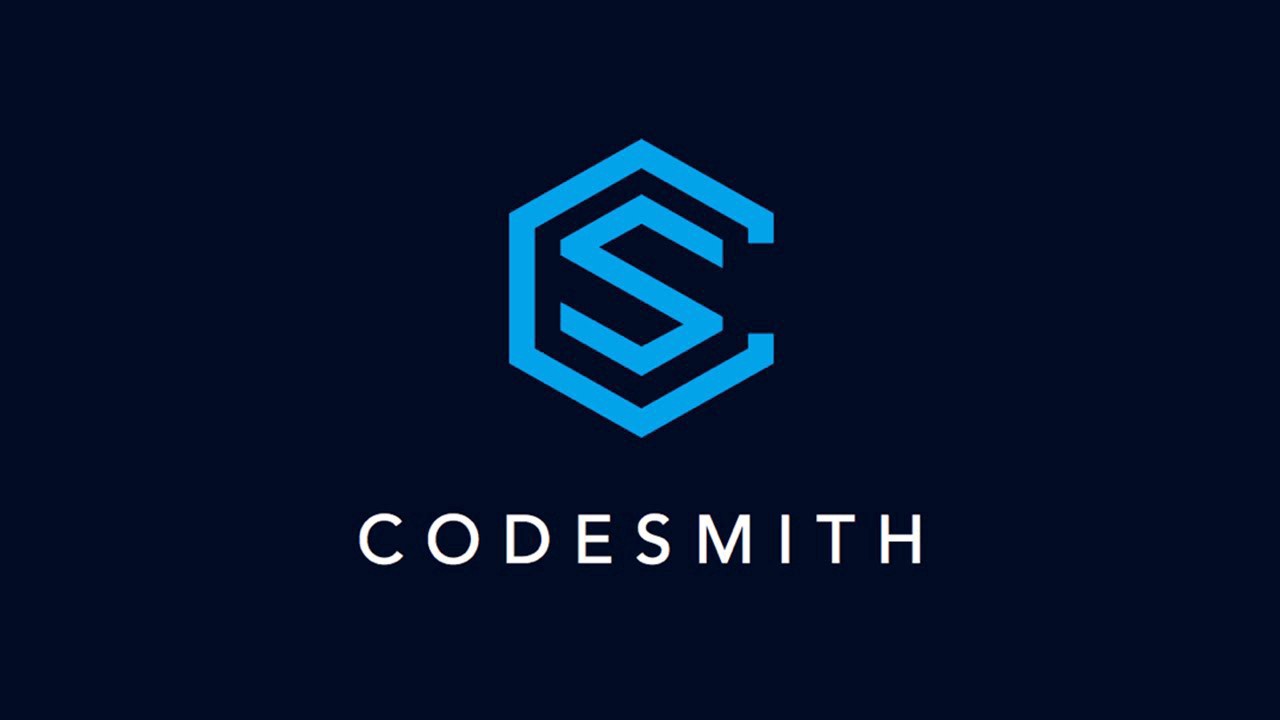




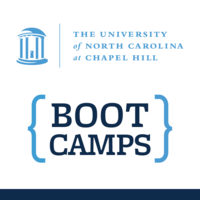
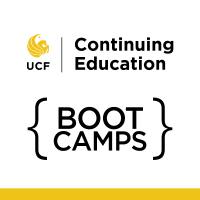

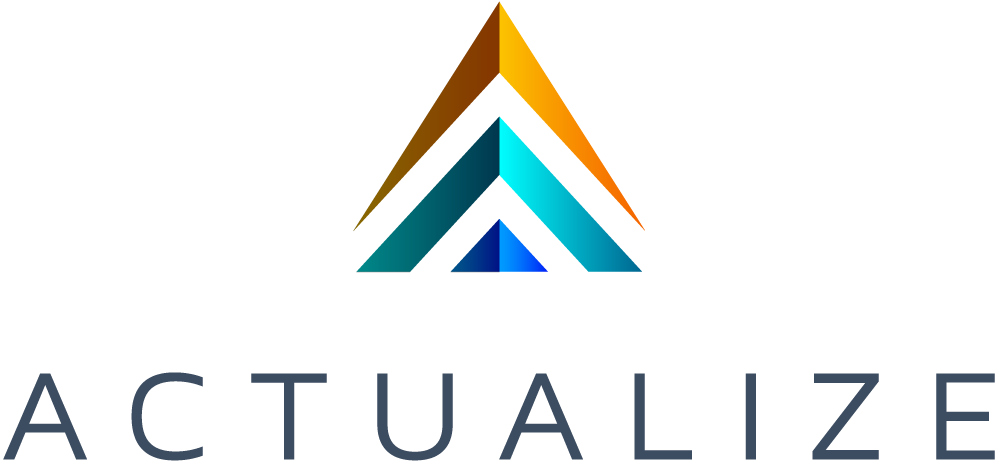


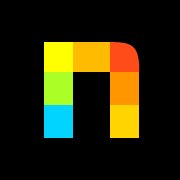





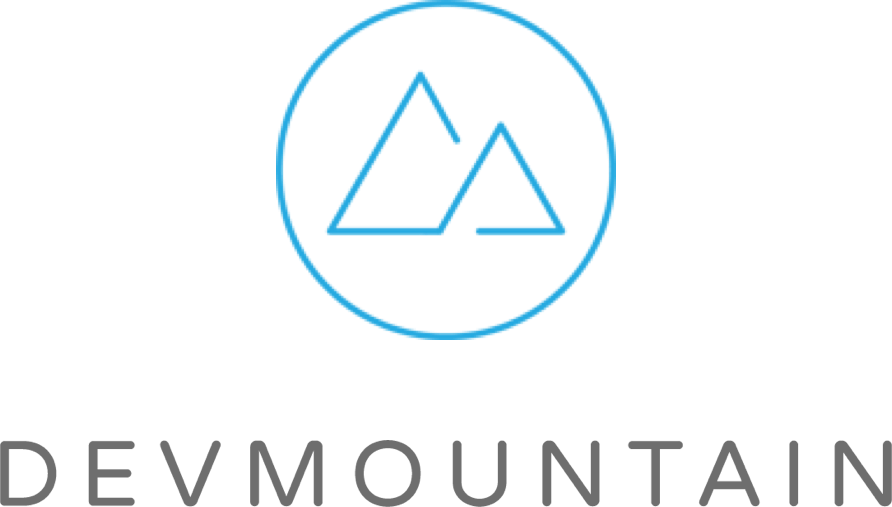
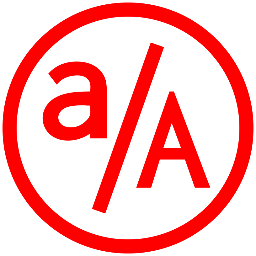
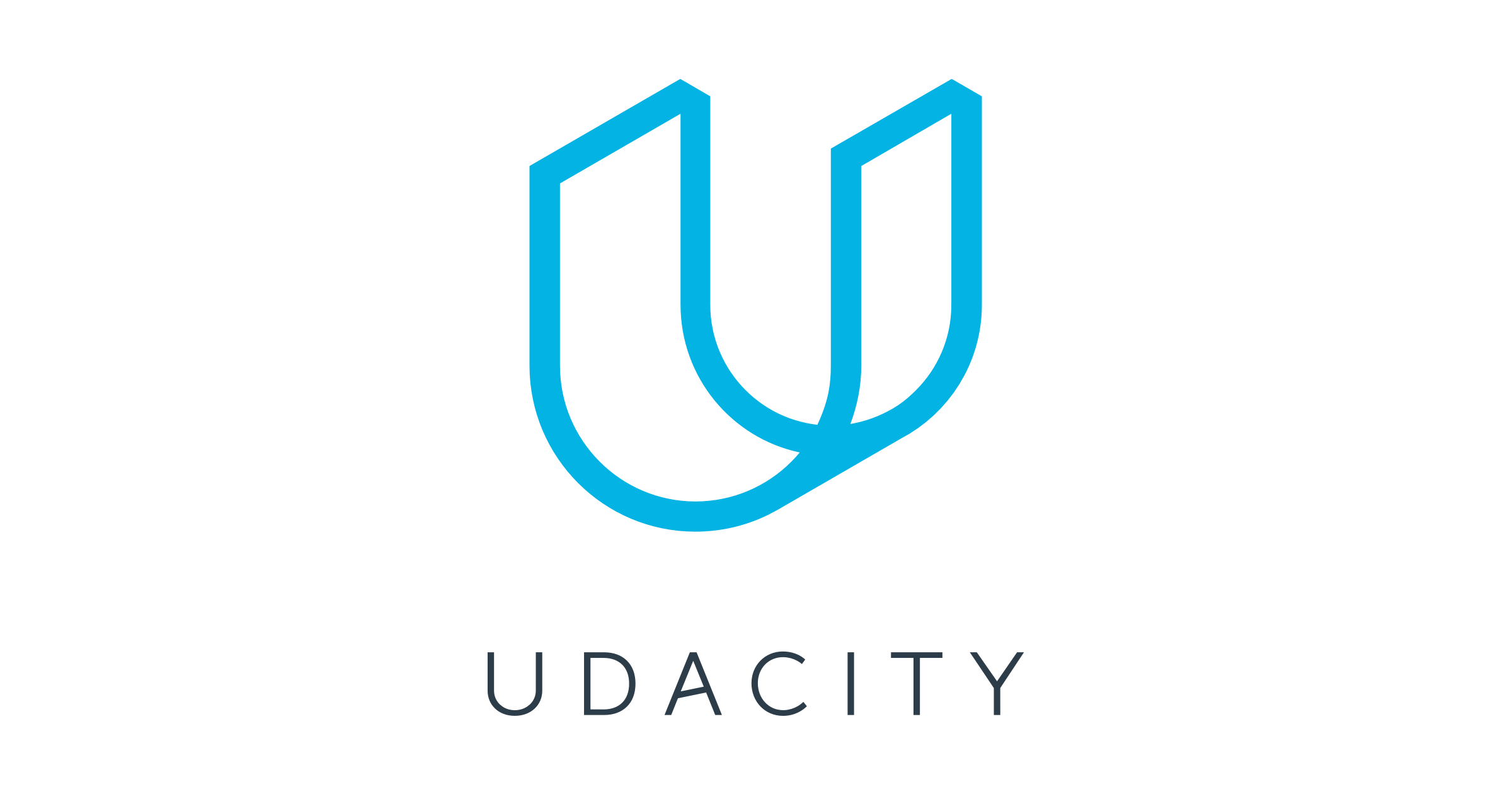


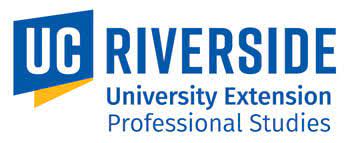
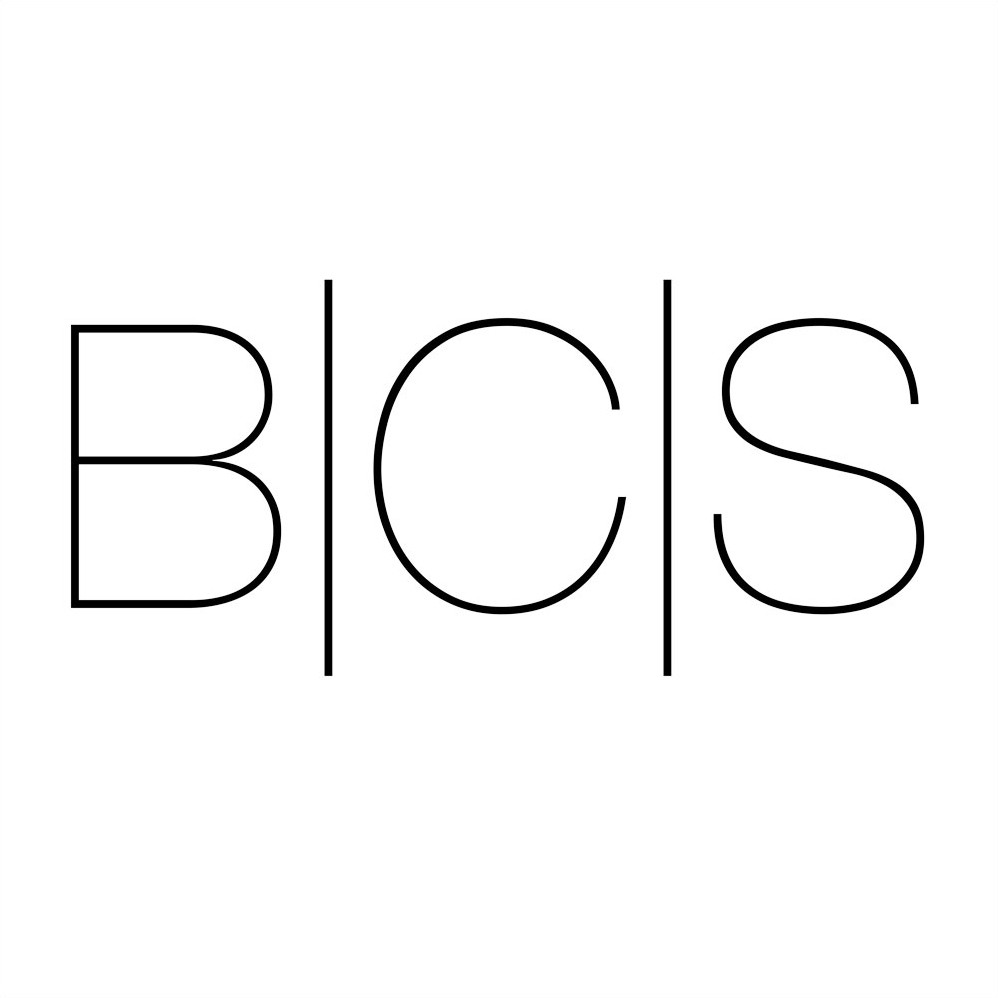
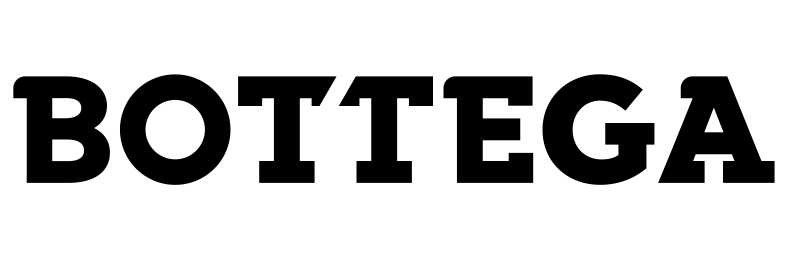


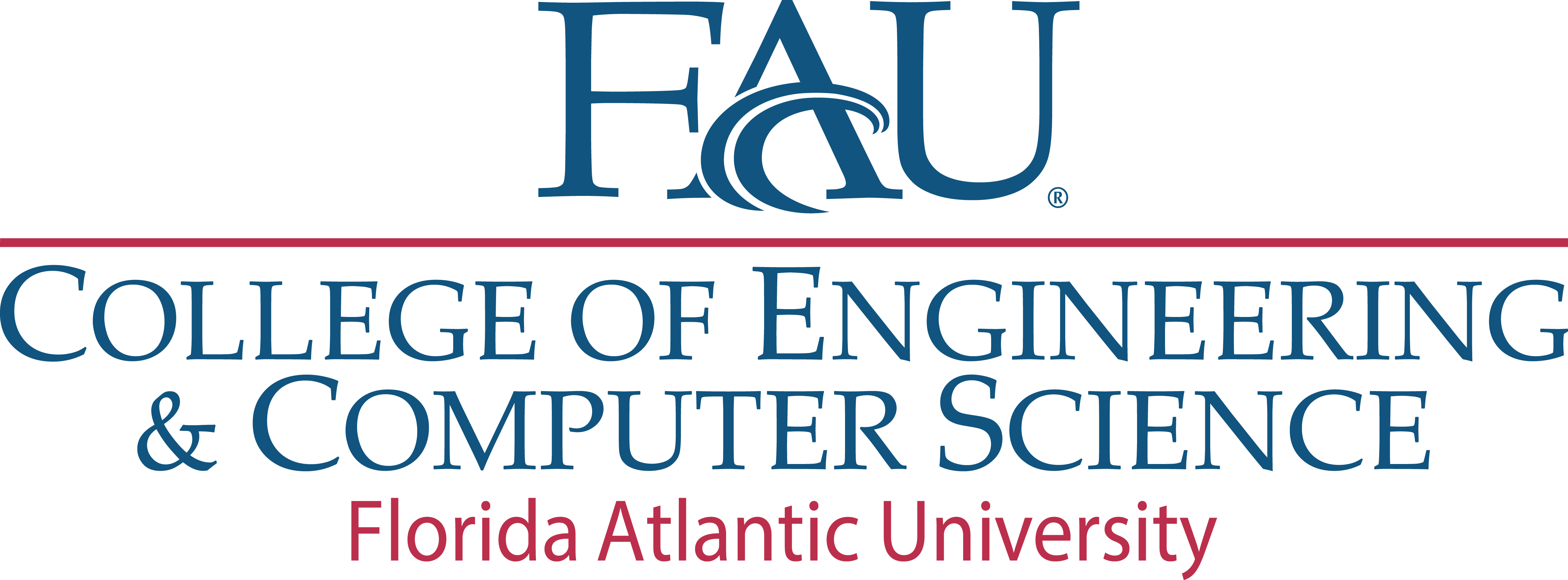
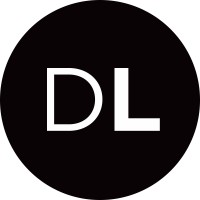
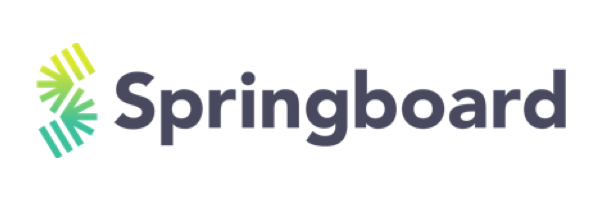

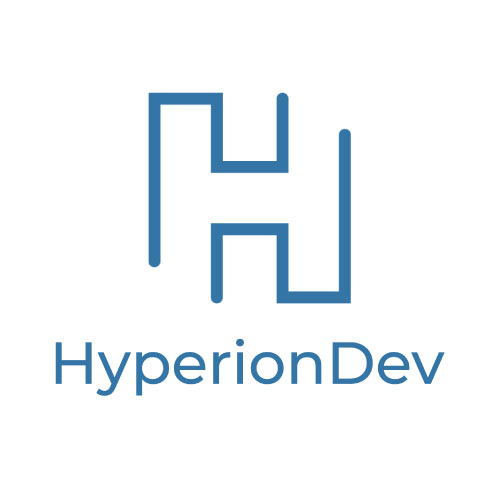



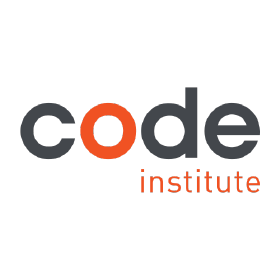


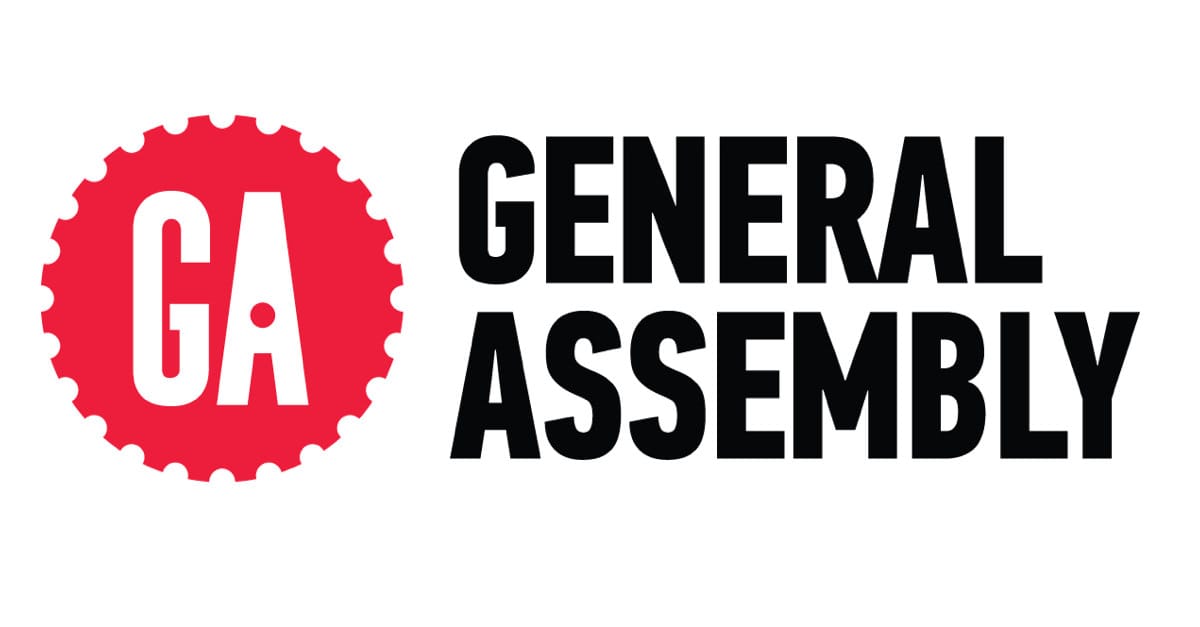
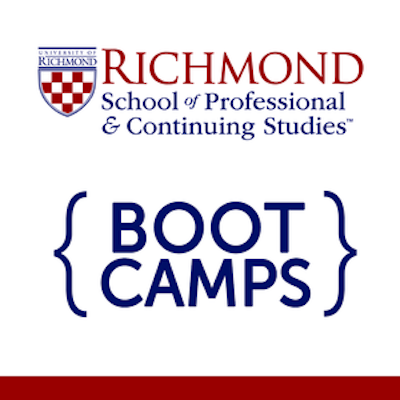
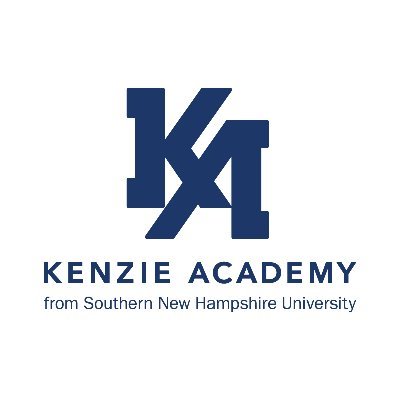

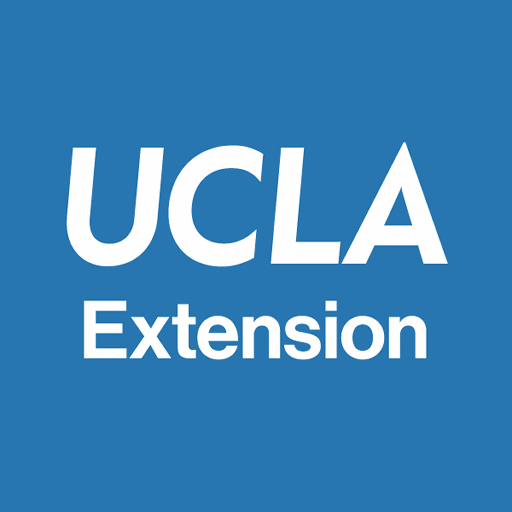
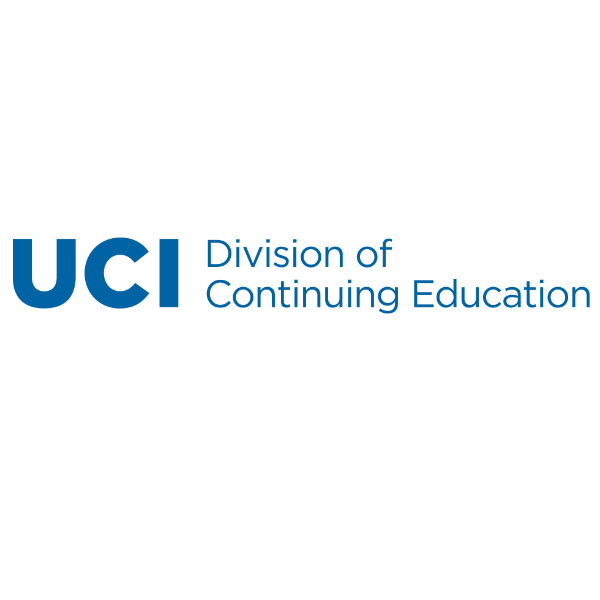

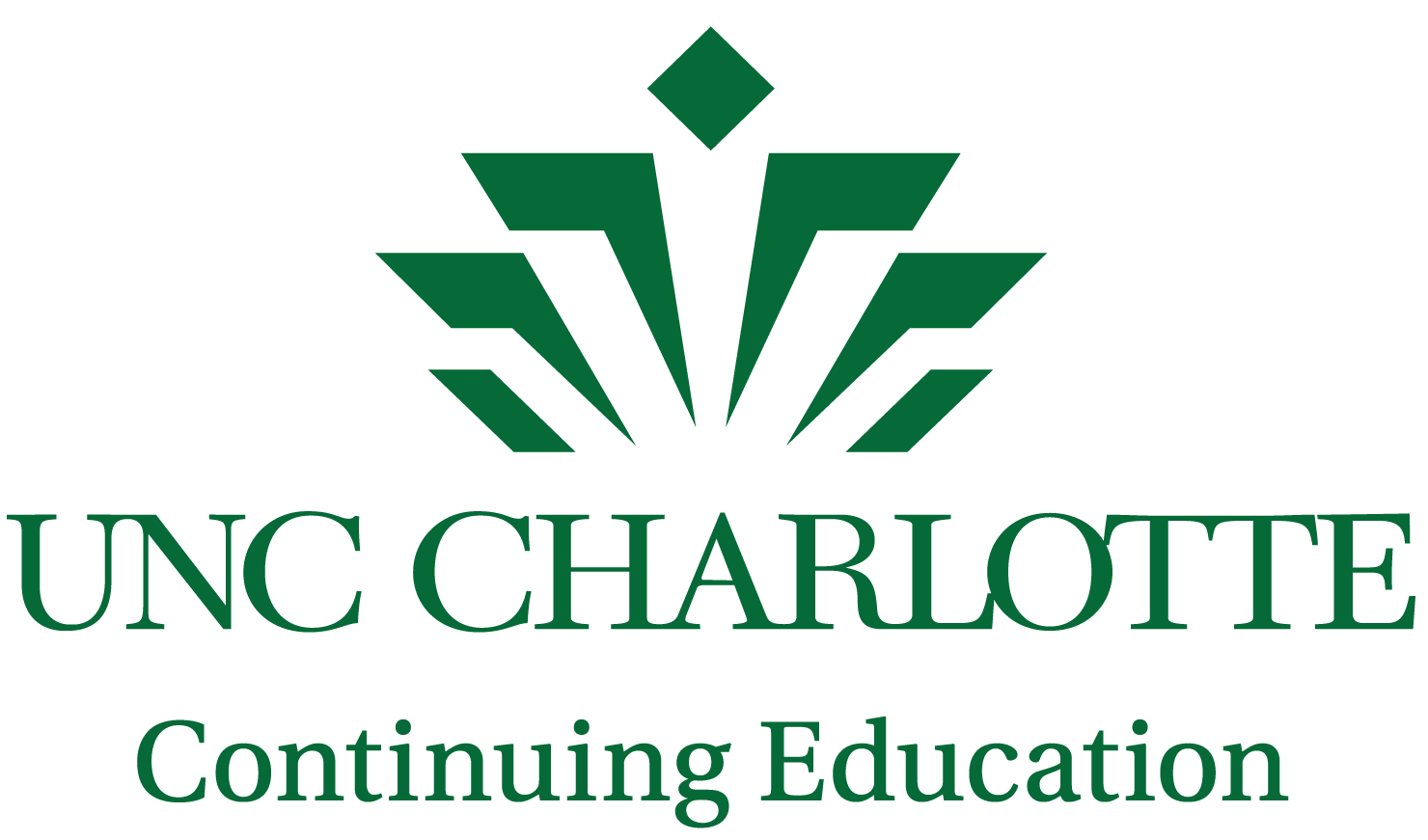



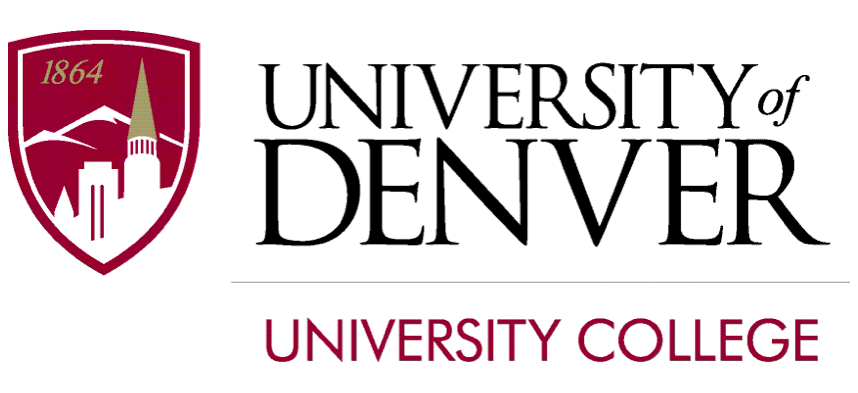
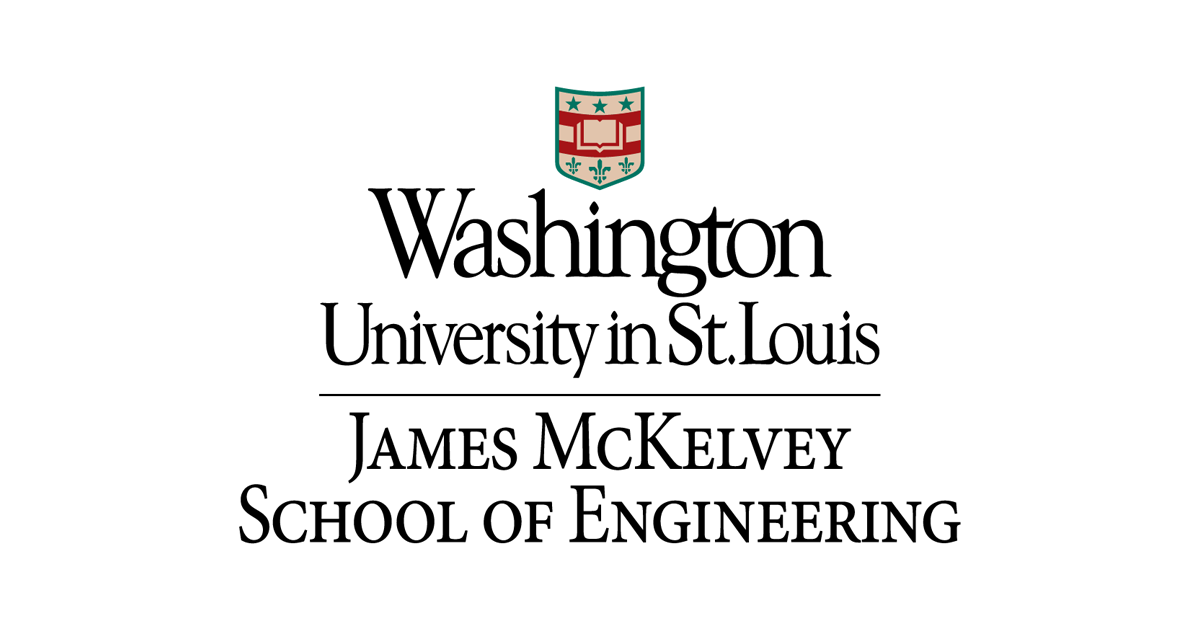

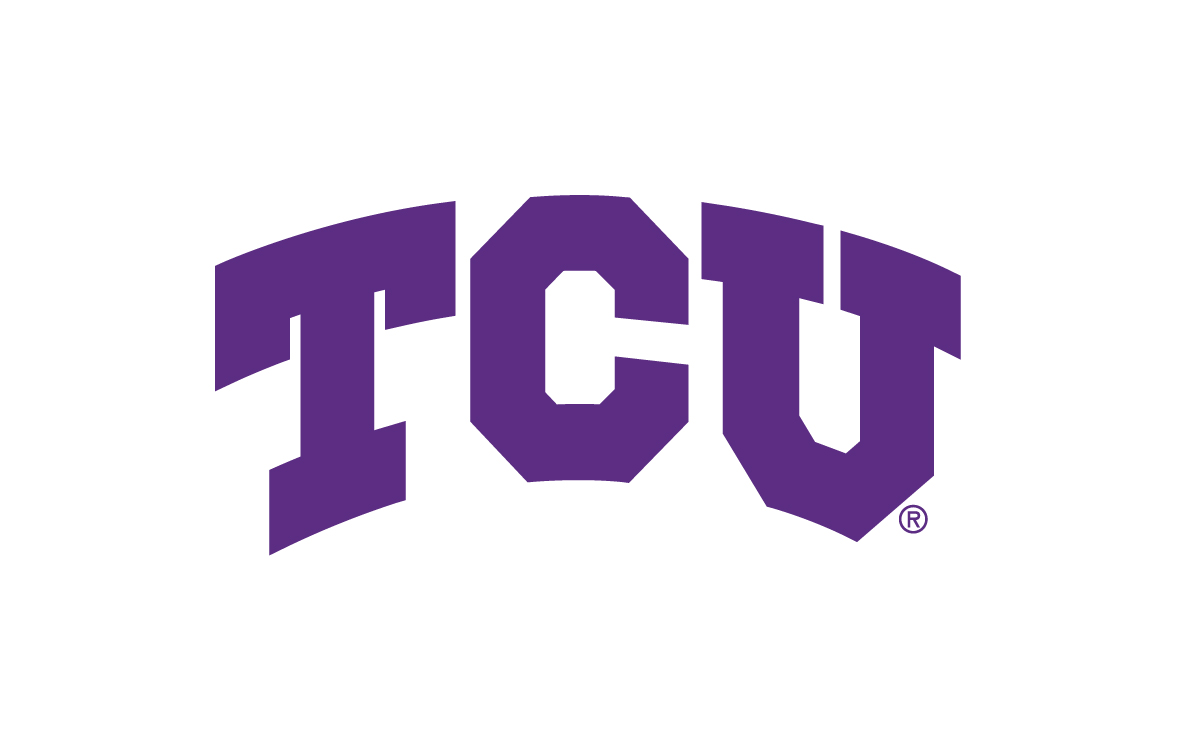


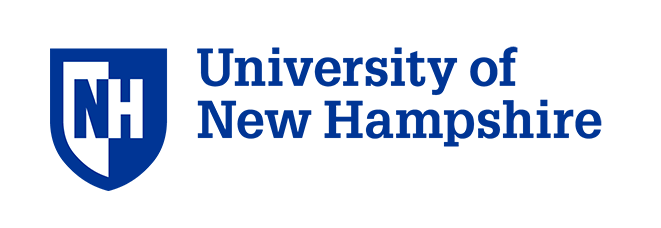










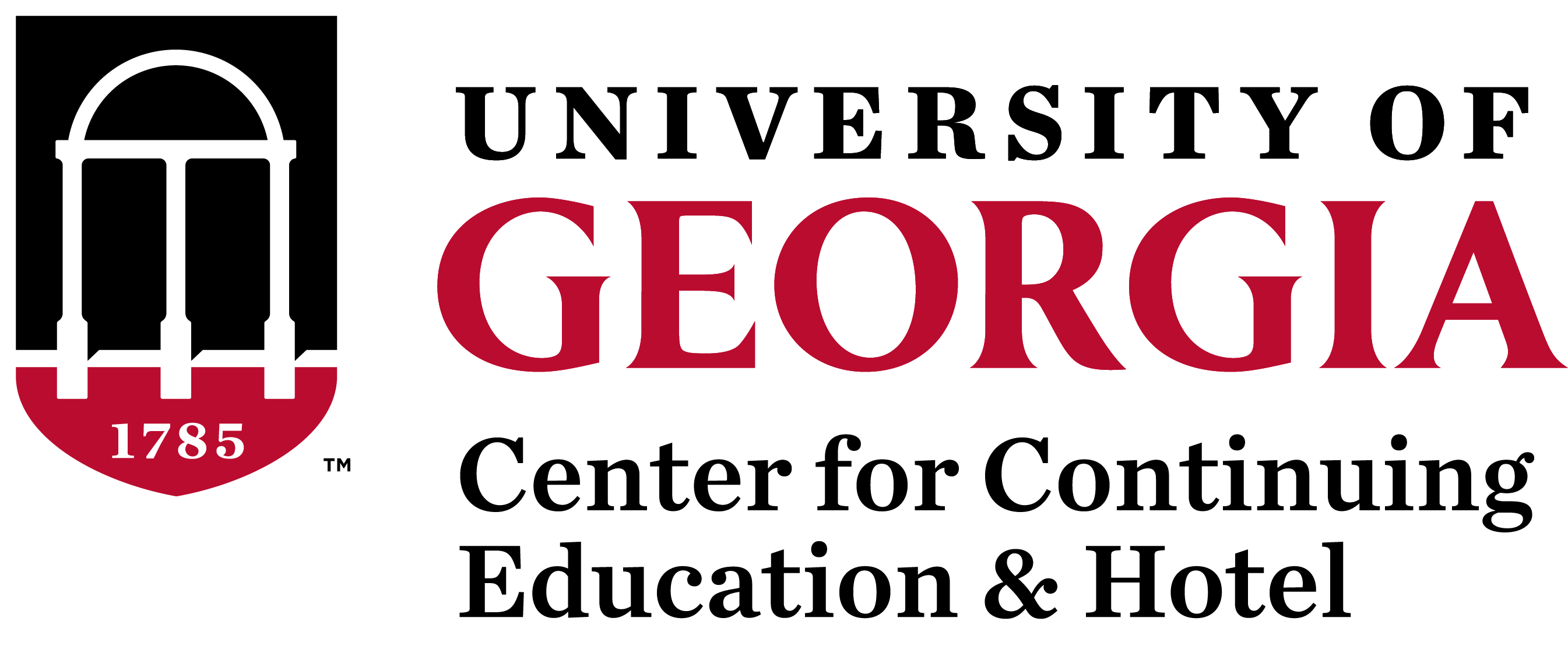



.png?ixlib=vue-2.9.1)








